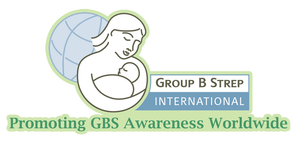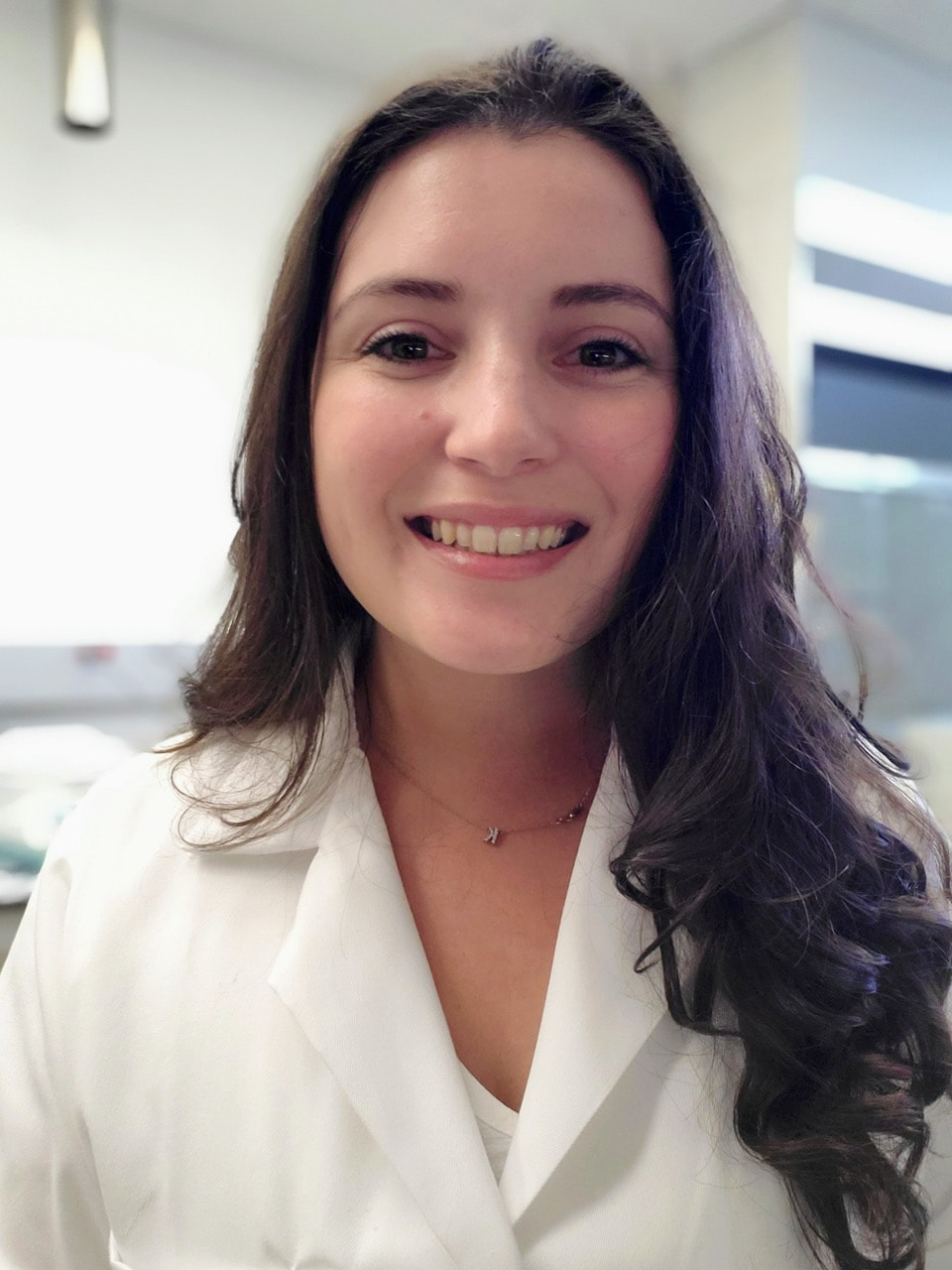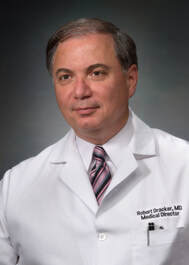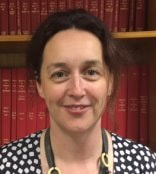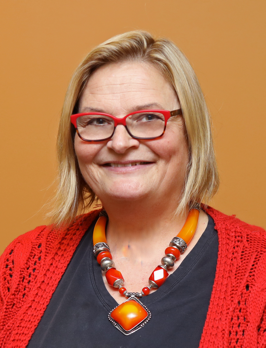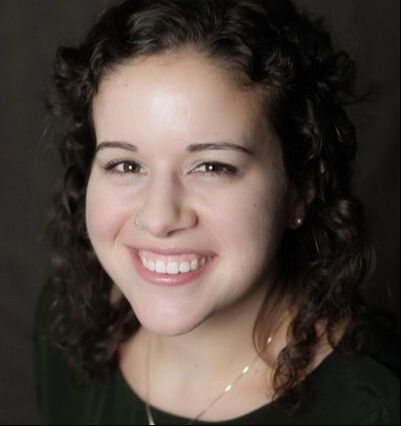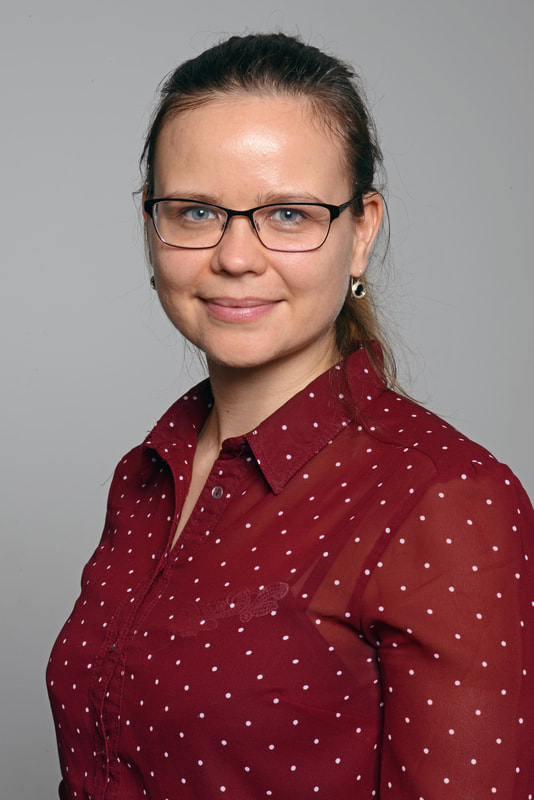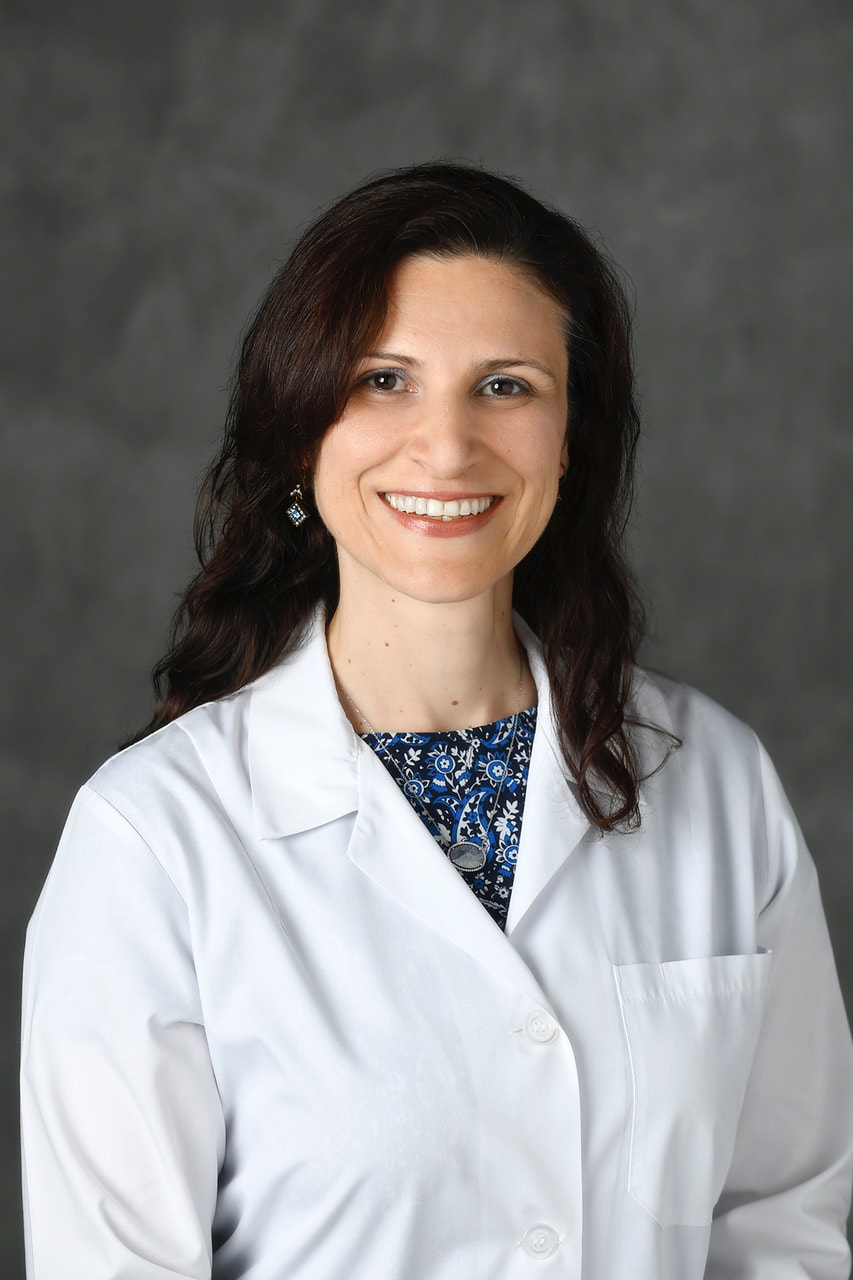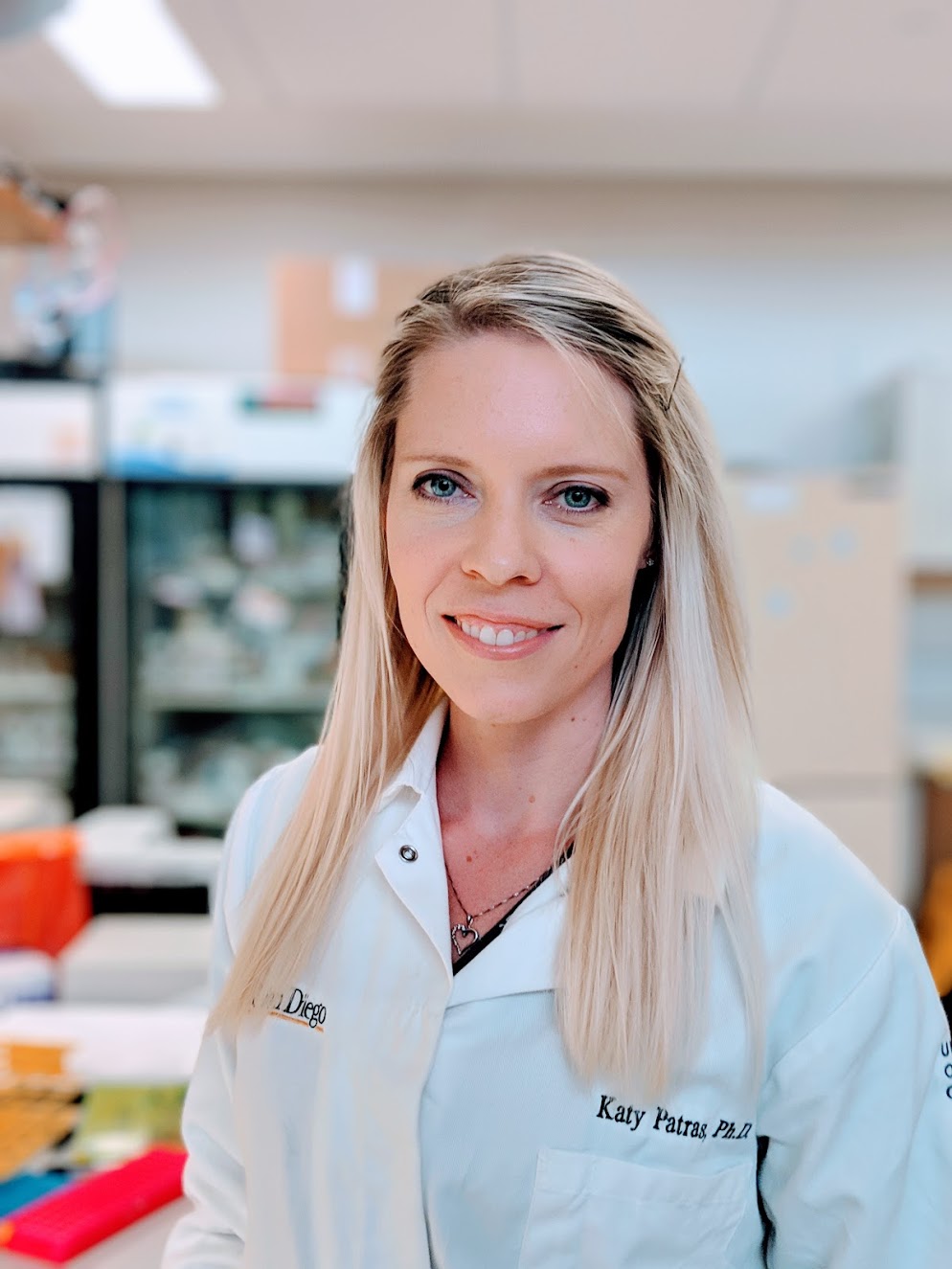Thank you to our outstanding presenters for their dedicated work in the field of Group B Strep and their efforts to share their work at ICGBS 2021!
KEYNOTE PRESENTER
|
Professor Joy Lawn, BMedSci, MB BS, MPH, PhD, FRCPCH, FMedSci
Professor of Maternal Reproductive and Child Health Epidemiology, Director of MARCH Centre, London School of Hygiene & Tropical Medicine @joylaw Joy is an African-born, British-trained paediatrician and perinatal epidemiologist with 30 years’ experience including: clinical care, epidemiological burden estimates, design and evaluation of maternal, newborn and child care services at scale, especially in sub-Saharan Africa. Her paediatric training was in the UK, followed by teaching, implementation and research, mainly living in Africa, including a decade with Save the Children. Her MPH was from Emory, Atlanta, USA, whilst at CDC, and her PhD at Institute of Child Health, London. For 10 years, she was Director of Evidence and Policy for Saving Newborn Lives/Save the Children and was mostly based in Africa.
She is currently Director of the MARCH Centre (Maternal Adolescent Reproductive & Child Health) at London School of Hygiene & Tropical Medicine, including more than 400 academics. Her main contribution to global health has been developing the evidence-base to measure and reduce the global burden of 2.5 million neonatal deaths, >2 million stillbirths, and 15 million preterm births, including informing the relevant Sustainable Development Goal target. She has published >280 peer-reviewed papers including leading several influential Lancet series, with wide media and policy uptake. She and her research team work on multi-country studies on newborn health, stillbirths and child development worldwide, including NEST360 and novel work on Group B Streptococcus. She is a champion for research leadership, especially mentoring those from LMICS and women. She is one of the few women nominated to membership of both UK Academy of Medical Sciences and USA National Academy of Medicine. Presentation:
20 million pregnant women with GBS worldwide: deaths, data on disability, and delivering change |
PRESENTERS
|
Nadine Belzile, M.A. in social and cultural anthropology
15 years as a public policy and research analyst for the Government of Canada Nadine Belzile is a mom of 2 boys and a daughter she lost to stillbirth caused by GBS in 2012. She has an M.A. in social and cultural anthropology and has 15 years of experience as a public policy and research analyst for the Government of Canada. Last year, she founded BabyKicks.ca to raise awareness amongst pregnant women of the importance of fetal movement monitoring in the third trimester as a means to prevent stillbirth.
Presentation:
Judith’s stillbirth story and how her mother is affecting change in Canada to reduce preventable stillbirths through kicks counting |
|
Elva Bonifácio Andrade, PhD
Elva Bonifácio Andrade has a degree in Biochemistry and a PhD in Biomedical Sciences obtained at Institute of Biomedical Sciences Abel Salazar, University of Porto. During her post-doctoral researcher, she has focused on the development of the first mouse model that recapitulates Group B Streptococcus (GBS) neonatal infection pathogenesis, with similar features to that described in humans. Now, she established a new line of research focused on the neuro-immune connections during GBS disease, aiming at developing new neuroprotective targets, with the potential to reduce the burden of neuropsychiatric morbidities in newborns and children.
Presentation:
A mouse model reproducing the pathophysiology of neonatal group B streptococcal disease |
|
Laura C. Cook, PhD
Laura C. Cook is an Assistant Professor at SUNY Binghamton in New York. She earned her B.A. degree in English Literature and B.S. degree in Microbiology from the University of Minnesota in 2005. She has researched Gram-positive bacterial pathogens such as Staphylococcus aureus and pathogenic streptococci since 2003. After completing her PhD at the University of Minnesota in 2012, Dr. Cook begun her postdoctoral work at the University of Illinois in Chicago. In 2018, Dr. Cook moved to Binghamton University to begin a position as an Assistant Professor. Her lab focuses currently on two species of pathogenic streptococci, S. pyogenes and S. agalactiae and their interactions with host mucosal surfaces.
Presentation:
Characterization of a novel GBS colonization factor |
|
Kristen Domínguez, BA/BS
Kristen Domínguez is a PhD student in Dr. Randis' lab co-mentored by Dr. Darch at the University of South Florida studying host-microbe interactions that facilitate GBS pathogenesis.
Presentation:
Group B Streptococcus β-hemolysin/cytolysin Modulates Intestinal Tight Junction Protein Gene Expression |
|
Ryan Doster, MD, PhD
Ryan Doster is an Assistant Professor of Clinical Medicine in the Division of Infectious Diseases at Vanderbilt University Medical Center. He earned a B.A. from Hanover College (Hanover IN) before attending Indiana University School of Medicine. Following completion of his medical degree, Dr. Doster completed a combined residency in Internal Medicine and Pediatrics at Indiana University School of Medicine. He then completed subspecialty training in adult infectious diseases medicine at Vanderbilt University Medical Center (Nashville TN). During his fellowship, Dr. Doster completed a Ph.D. in Microbe-Host Interactions, where his research focused on interactions between GBS and innate immune cells within the female reproductive tract. His current research program examines how host diet and nutrition might impact GBS vaginal colonization and perinatal infections.
Presentation:
The changing epidemiology of GBS urogenital infections: focus on diabetes and obesity |
|
Robert A. Dracker, MD, MHA, MBA, CPI
Dr. Dracker is the medical director of Summerwood Pediatrics in Syracuse, New York. Dr. Dracker is trained in Pediatrics, Pediatric Hematology/Oncology and Blood Banking/Transfusion Medicine. He has been in private practice since 1993 and along with his staff, cares for over 20,000 children in the Central New York Area. He is currently an advisor to the Pediatric Advisory Committee of the FDA and has been a previous board member and Chairman of the committee in 2019-2020.
Presentation:
The Use of Intramuscular Ceftriaxone in Infants during the First Week of Life to Minimize the Risk of Late Onset Group B Strep Disease in Inadequately, Prenatally Treated Newborns |
|
Adrienne Gordon, MBChB, MRCP (UK), MPH (Hons), FRACP, PhD
Adrienne is a senior staff specialist Neonatologist in the RPA centre for newborn care and Clinical Professor in the Disciplines of Obstetrics, Gynaecology and Neonatology and Child and Adolescent Health, at Central and the Children's Hospital at Westmead Clinical Schools, within the Faculty of Medicine and Health at the University of Sydney. She trained in paediatrics prior to specialising in neonatal/perinatal medicine and is passionate about the public health impact of a healthy start to life and preventing adverse pregnancy outcome especially stillbirth. She is a Chief Investigator on the NHMRC Stillbirth Centre of Research Excellence, a Board Member of the Perinatal Society of Australia and New Zealand and on the executive commitee of the IMPACT Network (Improving Maternal and Perinatal Outcomes – Action through Clinical Trials). She has strong links with National parent led organisations - including Stillbirth and Preterm Birth Advocacy Groups both and is Deputy Chair of the National RedNose (Previously SIDSandKIDS) scientific advisory group. Adrienne currently leads the Public Awareness work within the Stillbirth Centre of Research Excellence which includes mass media campaign design and evaluation in collaboration with Prof Adrian Bauman from the University of Sydney. She is a key member of the Safer Baby Bundle initiative which aims to reduce late pregnancy stillbirth in Australia by 20% and a board member of the International Stillbirth Alliance. Adrienne is also National Coordinator of the IMPROVE program in Australia.
Presentation:
IMproving Perinatal Mortality Review and Outcomes Via Education |
|
Lisa Hanson, PhD, CNM, FACNM, FAAN
Dr. Lisa Hanson is Klein Endowed Professor of Women’s Health Research at Marquette University College of Nursing and Associate Director of the Midwifery Program, Milwaukee WI, USA. She practiced as a Certified Nurse-Midwife for 29 years at the Aurora Midwifery and Wellness Center in Milwaukee, WI USA. For over a decade she has worked to develop the science to support the practice of using oral probiotic interventions to reduce antenatal GBS. She currently has two clinical trials in progress that she will discuss.
Presentation:
Two Clinical Trials: The Efficacy of Probiotics to Reduce Antenatal GBS |
|
Udo Hoyme, Univ.-Prof. Dr. med. habil. Prof. Dr. h.c.
Udo Hoyme has served as Professor of Obstetrics and Gynecology practicing at the University of Tuebingen and at the University of Essen. He was chairman for almost 20 years at the Department of Obstetrics and Gynecology at the former Medical School in Erfurt until his “retirement” in 2013. In the following years he served as head of the OB/GYN Units in Eisenach and finally in Arnstadt. He is affiliated with the American IDSOG since 1979, and he has spent a research fellowship in urology at the UW Madison as well as a visiting professorship at the UW Seattle. His main topics include STI, bacterial vaginosis, prevention of preterm birth, PID.
Presentation:
Successful prevention of early preterm birth by pH-measurement as a self-care habit in the State of Thuringia: Aspects of the 2020 experience |
|
Emily Huebner, MS
Emily Huebner is a third-year medical student at the University of Washington and a member of the distinguished Adams Waldorf laboratory in the Department of Obstetrics and Gynecology. She began working on GBS research with the Adams Waldorf lab in her first year of medical school and was subsequently awarded a grant from the Infectious Diseases Society of America for her research. She hopes to continue to conduct research through her remaining medical school years and on into her medical career with the goal of improving pregnancy outcomes for those with GBS infections.
Presentation:
The Impact of GBS Virulence Factors on Pregnancy and Neonatal Outcomes |
|
Elita Jauneikaite, PhD, BSc (Hons), MRSB
Dr Elita Jauneikaite is an Advanced Research Fellow at Imperial College London, where she leads research on bacterial pathogenesis, global trends in vaccine-preventable infection and antibiotic resistance using bacterial genomics, bioinformatics and molecular biology techniques. Elita’s research programme concentrates on investigating the global trends of disease-causing Group B Streptococcus (GBS) in humans and animals, with a focus on how GBS evolves over time, GBS transmission trends between different hosts and what are the antimicrobial resistance patterns present in disease and carriage GBS isolates. She is also a Research Lead for NIHR HPRU in HCAI and AMR Priority Pathogens theme, where Elita oversees genomics work on other bacterial pathogens including E. coli, K. pneumoniae, methicillin-susceptible S. aureus, S. argenteus and S. pyogenes.
Presentation:
Evolution of antimicrobial resistance in Group B streptococcus |
|
Ritwij Kulkarni, MSc, PhD
Dr. Ritwij Kulkarni received his PhD from SUNY Stony Brook studying the importance of type II secretion and type IV pilus systems in uropathogenic Escherichia coli. Following this Dr. Kulkarni received post-doctoral training in the Department of Pediatrics at Columbia University studying host-pathogen interactions in the respiratory and urinary tracts. Dr. Kulkarni is working as assistant professor of immunology at University of Louisiana at Lafayette where his research group is focused on examining the effects of diabetic urinary microenvironment on the physiology of UTI caused by various Gram positive and Gram negative uropathogenic bacteria.
Presentation:
Understanding the pathophysiology of GBS urinary tract infections in diabetes |
|
Philip Kum-Nji, MD, MPH
Philip Kum-Nji: Born and educated in Cameroon where I obtained my MD but subsequently obtained and MPH from Tulane, New Orleans, LA. Afterwards did a residency in general pediatrics from the LeBonheur Children’s Hospital, Memphis, TN. Was previously faculty at the University of Mississippi, Jackson, MS, Children’s Hospital of Pittsburgh, Pittsburgh, PA and now at the Children’s Hospital Richmond, Richmond, VA. My research interest is mainly on the health effects of tobacco products (including e-cigarettes) on child health.
Presentation:
Smoking as a risk factor for group B streptococcal colonization during pregnancy |
|
Fatma Levent, MD
Dr. Levent is currently the Medical Director of Pediatric Infectious Diseases at Advent Health for Children in Orlando, Florida. She also holds a Clinical Associate Professor appointment at Texas Tech Health Sciences Center in Lubbock, Texas. She is involved with patient care, quality & safety, resident and medical student education, infection prevention & control and antibiotic stewardship.
Presentation:
Long Term Outcomes of GBS Meningitis |
|
Suzy Lim, PhD
Dr Suzy Lim is currently a post-doctoral researcher at St George’s University of London, her work focuses on the development of assays to assess antibody functional and investigate the neonatal response to GBS infection. She earnt her Bachelors of Science in Microbiology at the University of Leicester in 2011 and her PhD in Infection and Immunity at the University of Liverpool in 2017. Her thesis assessed the efficacy of an immune modulating peptide in the treatment of bacterial sepsis. After completing her PhD, Suzanna went on to work on projects at the University of Liverpool focused on the development of novel antimicrobial therapies for Pseudomonas and Cryptococcus before joining the team at St George’s in 2019.
Presentation:
Breast Milk and Group B Streptococcus |
|
Emily Malloy, CNM, APNP, PhD Candidate
Emily Malloy is a Certified Nurse Midwife in full-scope practice in a large midwifery practice in Wisconsin and a PhD Candidate working with Dr. Lisa Hanson at Marquette University. Her research interests include prenatal probiotics to reduce GBS colonization and residual GBS, which is the persistent cases of GBS disease despite universal screening, the microbiome, and waterbirth.
Presentation:
The efficacy of an antenatal probiotic intervention to reduce residual group B streptococcus |
|
Rebecca E. Moore, B.S. in Chemical Engineering, M.S. in Chemistry
Rebecca is a 4th year Ph.D candidate at Vanderbilt University in the Department of Chemistry. She is co-mentored by Dr. Steven Townsend and Dr. Jennifer Gaddy. She received her B.S. in Chemical Engineering from The University of Alabama and her M.S. in Chemistry from San Jose State University. She currently focuses on the antimicrobial and antibiofilm activities of human milk oligosaccharides against Group B Streptococcus.
Presentation:
Commensal Streptococcus salivarius overcomes suppression of growth by pathogenic Group B Streptococcus |
|
Buhle Ntozini, BMedSci (Hons)
Buhle Ntozini is a Masters student working on the molecular characterization of invasive Group B streptococcus at the National Institute for Communicable Diseases (NICD) in Johannesburg, South Africa.
Presentation:
Molecular characterization of invasive Group B streptococcus in South Africa, 2019-2020 |
|
Kathryn A. Patras, PhD
Dr. Katy Patras is an Assistant Professor at Baylor College of Medicine. Her lab focuses on biological interactions between bacterial pathogens, mucosal immunity, and the microbiota of the female urogenital tract. Her research group seeks to develop new therapeutic applications to prevent bacterial infection as well as to increase our knowledge of the molecular mechanisms dictating overall women’s health. This presentation focuses on the susceptibility of women with gestational diabetes to group B Streptococcus vaginal colonization and in utero complications.
Presentation:
Impact of gestational diabetes on group B Streptococcus vaginal colonization and dissemination |
|
Macy E. Pell, BS, PhD Candidate
Macy Pell is a Ph.D. candidate in the lab of Dr. Shannon Manning at Michigan State University (MSU), currently studying pathogenesis mechanisms and genomic diversity of Group B Streptococcus (GBS). She is particularly interested in stress response and virulence mechanisms behind persistent infections of GBS during pregnancy. Macy received her Bachelor of Science degree from the University of Wisconsin-Madison in May of 2018 studying Microbiology. As an undergraduate, Macy investigated the population dynamics and diversity of Influenza viruses in non-human primate models in the lab of Dr. Thomas Friedrich. During the summers of her undergraduate career, Macy also performed research in Dr. Christopher Waters’ lab at MSU where she studied second-messenger signaling pathways in Vibrio cholerae and co-authored her first publication. Macy’s long-term research interests include understanding the virulence mechanisms of infectious microbes and the resulting impacts on human health. She plans to pursue a career in public health and infectious disease research to develop and improve upon disease prevention and awareness strategies.
Presentation:
Investigating mechanisms of persistent Group B Streptococcus colonization after intrapartum antibiotic prophylaxis treatment |
|
Karen M. Puopolo, MD, PhD
Karen M. Puopolo, M.D., Ph.D. is a neonatologist who specializes in neonatal infectious diseases. Dr. Puopolo is an Associate Professor of Pediatrics on the faculty of the University of Pennsylvania Perelman School of Medicine. She is a member of the Division of Neonatology at The Children’s Hospital of Philadelphia, and Section Chief for Newborn Medicine at Pennsylvania Hospital. Dr. Puopolo received her undergraduate degree in physics from Yale University, and went on to obtain her M.D. as well as a Ph.D. in molecular physiology from the Tufts University School of Medicine in Boston. She completed Pediatric residency and Neonatal-Perinatal fellowship training at Boston Children’s Hospital. Dr. Puopolo was appointed to the faculty of Harvard Medical School from 2000-2014 where she was a physician and researcher at the Brigham and Women’s Hospital and the Channing Laboratory investigating mechanisms of virulence in Group B Streptococcus. Her current research focuses on neonatal sepsis epidemiology and risk assessment. She is currently funded by the National Institutes of Health and the CDC to study the impact of neonatal antibiotic exposures on the newborn and early childhood microbiome, and on infant and early childhood growth. Dr. Puopolo is a member of the American Academy of Pediatrics Committee on the Fetus and Newborn and serves on the Editorial Board for Pediatrics.
Presentation:
GBS Bacteriuria and Pregnancy |
|
Brady L. Spencer, PhD
Dr. Brady Spencer received her PhD in Microbiology from the University of Alabama at Birmingham in 2017 and joined the lab of Kelly Doran for her postdoctoral studies at the University of Colorado Denver. She is interested in pathogenesis of Group B Streptococcus, particularly how secreted proteins influence pathogenesis and modulate host immune responses.
Presentation:
A type VII secretion system in Group B Streptococcus mediates cytotoxicity and virulence |
|
Sabrina K. Spicer, BS, current PhD student
Born and raised in Nashville, Tennessee, Sabrina completed her B.S. in Biochemistry at Middle Tennessee State University in 2019. As an undergraduate she investigated the utility of antimicrobial peptides against invasive fungal infections. After a brief period of working as a clinical research intern under the direction of Dr. Samuel Hunter (MD, Ph.D.) she decided to pursue her own Ph.D at Vanderbilt University with Dr. Steven Townsend and Dr. Jennifer Gaddy. In her free time, she enjoys hiking with her two dogs.
Presentation:
Antibiotic adjuvants: rejuvenating our current arsenal of antimicrobials against Group B Streptococcus |
Join the Campaign against GBS Disease in babies! |
CONNECT TO GBSI |
